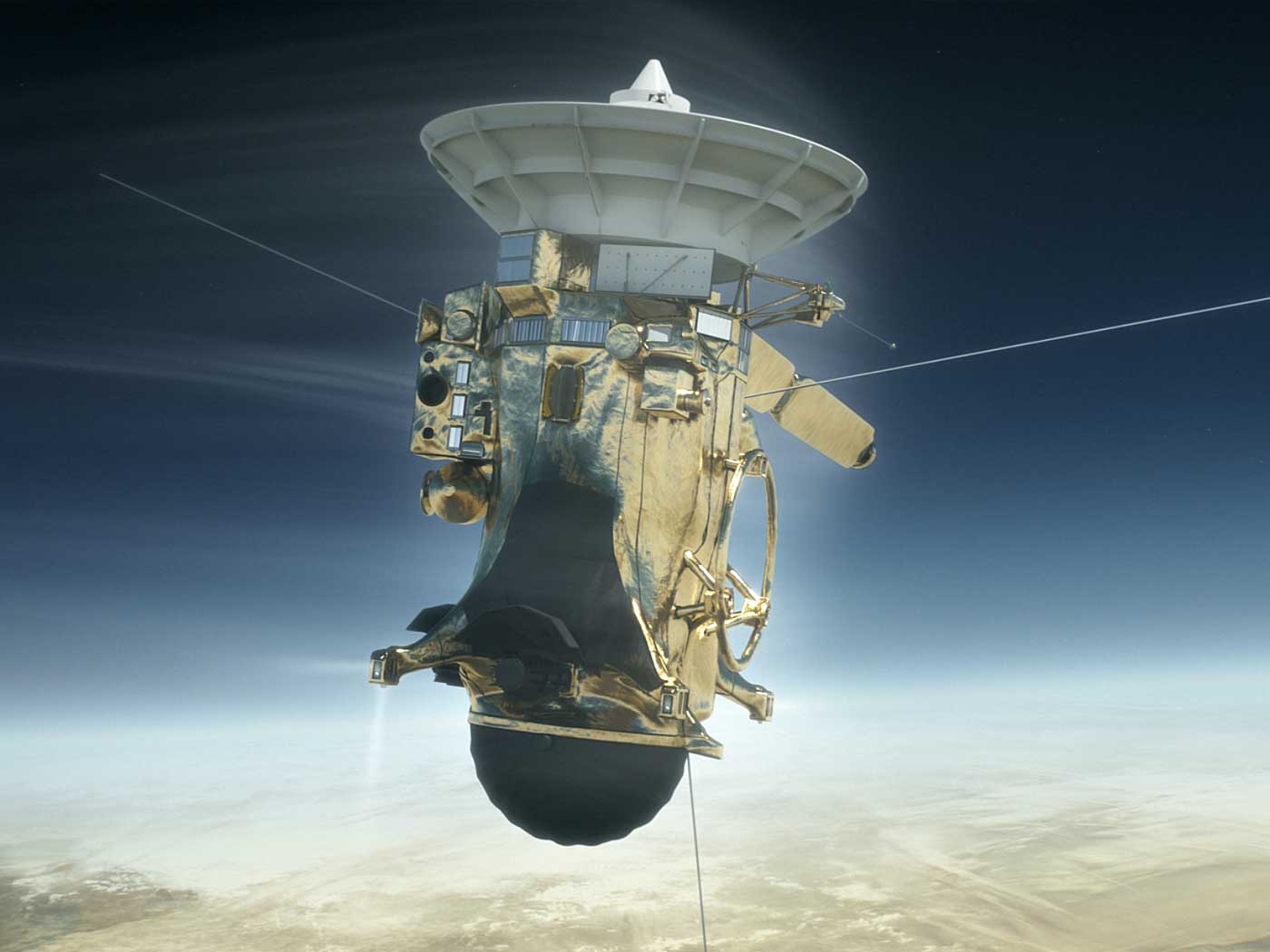In an editorial titled “Creeping Passivity” in the May 2007 issue of Journal of College Science Teaching, Ann Cutler, a college teacher at the University of Indianapolis, expresses concern over the lack of participation by her freshman students. She writes:
The classroom was silent when questions were asked or uncertainties probed. Inquiry activities developed unusually low decibel levels even when students were encouraged to work with one another. These young people didn’t seem to know how to advocate for themselves when they couldn’t negotiate a concept on their own.
According to Dr. Cutler, she and her university colleagues have come to the conclusion that this behavior is a result of the No Child Left Behind Act of 2001, a government policy that they think has led students to believe that they are not intellectually responsible for their own learning.
But is the government responsible for lackluster learners? Perhaps Dr. Cutler and her colleagues should look a little closer to home. Face it—college students who are apathetic, don’t want to think, and do not participate in discussions or classroom activities have been taught to not think.
During the normal 12 years of science training, our public school system has succeeded in turning these students into mindless vegetables. Teachers are taught to stop conversations and squelch questions if they: 1) refute evolution; 2) question “scientific” support for evolution; or 3) refer to issues related to intelligent design or creation science. If inquiry is only relevant when it supports evolution, students who think creatively and express those thoughts will feel that they and their observations are unintelligent. How better to stifle active participation?
In the book National Science Education Standards published in 1996 by The National Academies Press, scientific inquiry is defined as:
The diverse ways in which scientists study the natural world and propose explanations based on the evidence derived from their work. [Scientific] inquiry also refers to the activities of students in which they develop knowledge and understanding of scientific ideas, as well as an understanding of how scientists study the natural world.
The phrase “diverse ways” implies free thinking, examining, questioning, probing, and analyzing. If there is only one answer allowed, then true inquiry cannot take place. The “system” is eradicating a fundamental pillar of scientific education—the freedom to ask questions, express ideas, and question theories. Students are not being allowed to think, examine, question, probe, analyze—when open inquiry is banned, the "creeping passivity" observed by Dr. Cutler is the natural result.
The irony is that science teachers themselves have recognized the importance of open inquiry in the classroom. The first point of the National Science Teachers Association (NSTA) Position Statement on The Freedom to Teach and the Freedom to Learn (adopted by the NSTA Board of Directors in July 1985) states:
As professionals, teachers must be free to examine controversial issues openly in the classroom. The right to examine controversial issues is based on the democratic commitment to open inquiry and on the importance of decision-making involving opposing points of view and the free examination of ideas. The teacher is professionally obligated to maintain a spirit of free inquiry, open-mindedness and impartiality in the classroom. Informed diversity is a hallmark of democracy to be protected, defended, and valued. (Emphasis added.)
How can it be that the national leaders in science and science education who support “evolution only” in the classroom are the same advocates who espouse "free inquiry, open-mindedness and impartiality" in the classroom? Can they not see the inherent contradiction in encouraging students to think, but only if it matches what they've already been taught? It is time we regard scientific inquiry as open debate; otherwise, we will continue to foster a nation of lazy thinkers.
With the return of the fundamental right to openly consider the controversial issues of creation and intelligent design and examine evidence that refutes evolution, our students can become active participants in the learning process. They will utilize higher level thinking skills and begin to apply what they are learning, leading to thoughtful examination of scientific issues and, ultimately, new theories to be tested. It is absurd to talk about education, democracy, freedom, and scientific knowledge without taking open inquiry into account.
God has bestowed on us minds that can consider and understand. Dr. Henry Morris explains in the tenets of scientific creationism:
Although people are finite and scientific data concerning origins are always circumstantial and incomplete, the human mind (if open to the possibility of creation) is able to explore the manifestations of that Creator rationally and scientifically, and to reach an intelligent decision regarding one's place in the Creator's plan.
The current scientific establishment and education system are not willing to open up discussion for fear that the human mind will come to conclusions that are contrary to evolution. The results of excluding other ideas will be that we produce a nation of non-thinkers. It behooves us to encourage honest and open inquiry in the science classroom so that scientific inquiry reaches the potential it aspires to—that of observing the world around us and searching for answers. The NSTA Position Statement ends:
Ultimately, the freedom to teach and to learn will exist only if a continuing effort is made to educate all Americans about these freedoms. Professional educators must set an example in their communities that illustrates respect for schools and classrooms and a free marketplace for ideas. An appreciation for the concerns of parents and other members of the community who legitimately disagree must be respected. We, as professional educators, must show our faith in the freedom to teach and learn that honors opposing viewpoints.
May it be so.
* Dr. Patti Nason is Associate Professor and Chair of Science Education at ICR.
Article posted on May 30, 2007.


















